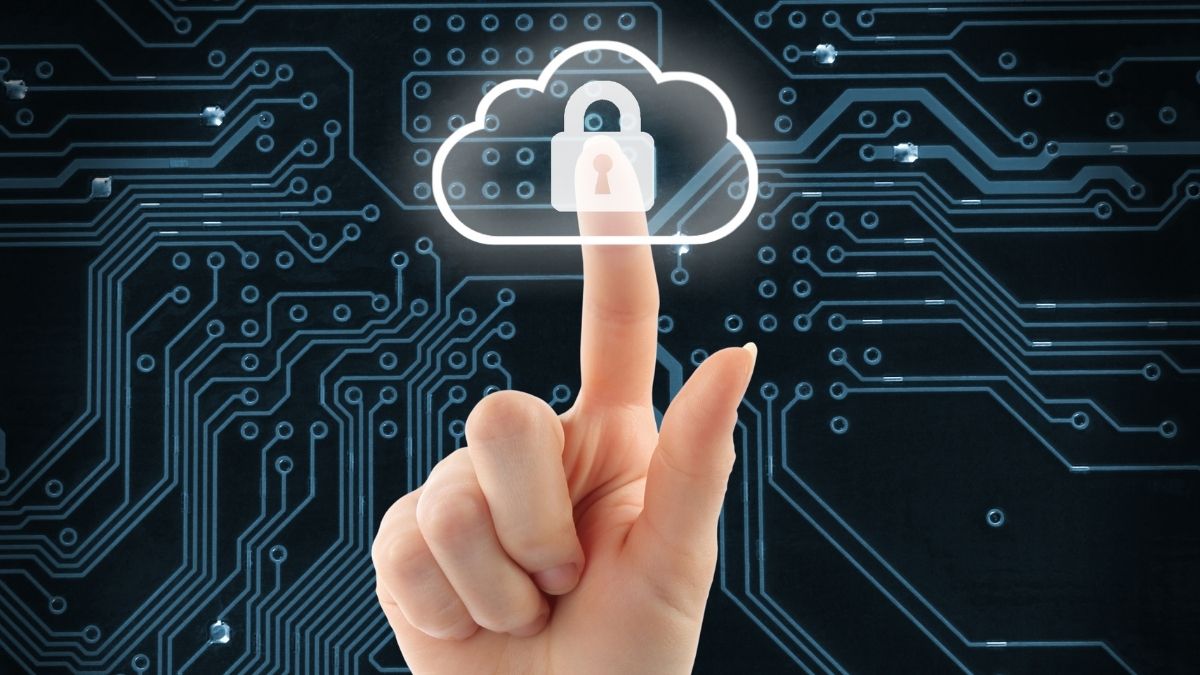As more and more data and network infrastructure is moved onto cloud platforms, securing those platforms becomes ever more important.
Many businesses think that as they are relying on a third-party cloud services provider like Microsoft Azure or Amazon AWS, the provider will be taking care of all the security. However, this isn’t quite accurate.
Who Is Responsible For The Security Of Data In The Cloud?
The biggest cloud services providers (AWS, Azure, Google) have excellent security track records. Their teams also comprise some of the world’s best cybersecurity professionals (including ex-DoD and intelligence staff). However, their responsibility is for the protection of their cloud services platform as a whole and not of your data specifically. You’ll see that most cloud managed services offerings have some form of disclaimer along the lines of…
“Public cloud vendors ensure the security of the cloud infrastructure, but the security of data stored within the cloud and access to that data is the responsibility of the end user.”
To put it simply, if a hacker manages to take a cloud data centre offline, that’s the cloud services provider’s problem. However, if your business fails to secure the password to your cloud services, that’s your problem.
How Can I Improve My Cloud Security?
There are several technologies and best practices which businesses can use to improve the security of their data and infrastructure in the cloud. Here are just a few of the cloud security improvements our team have helped implement for our clients.
- Use Strong Passwords
Obvious, we know, but as with all important online data, it’s vital to have it protected by a strong password. - Access Control
In cloud security, access control prevents users from accessing business data via unidentified, unauthorised, or public devices. This ensures that no corporate data is copied to a device outside your network. - Multi Factor Authentication
As with all business technology, it’s important to secure your access using multi-factor authentication (MFA). Using MFA ensures that even if the login details for your cloud services are compromised, an attacker would be unable to gain access without also having physical access to your device. - Use A VPN
When accessing your cloud services over an unsecured WiFi connection, you should use a VPN to encrypt your data. This includes times when you are using public WiFi hotspots in airports or hotels. Doing so prevents the data you upload or download from being read while it is in transit. - Backup Your Data
Never rely 100% on the cloud for your data storage and remember the 3-2-1 rule for data backup. You should always have three copies of your data, on at least two different storage media, with at least one copy stored separately from other two.
How Carden IT Services Can Help Secure Your Cloud Data
We hope this has been a useful overview of some of the ways you can increase the security of your data in the cloud.
As part of our comprehensive cybersecurity package, Carden IT Services can provide managed cloud security services for your business. Using our years of experience providing managed IT services in New York, we can implement security best practices like the ones listed above. We can also provide your team with cybersecurity training and conducting regular penetration tests to check the readiness of your defences.
Worried about your cloud security? Speak to our cybersecurity team today to learn more.


